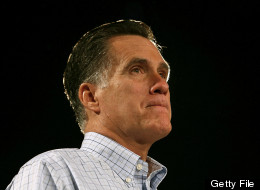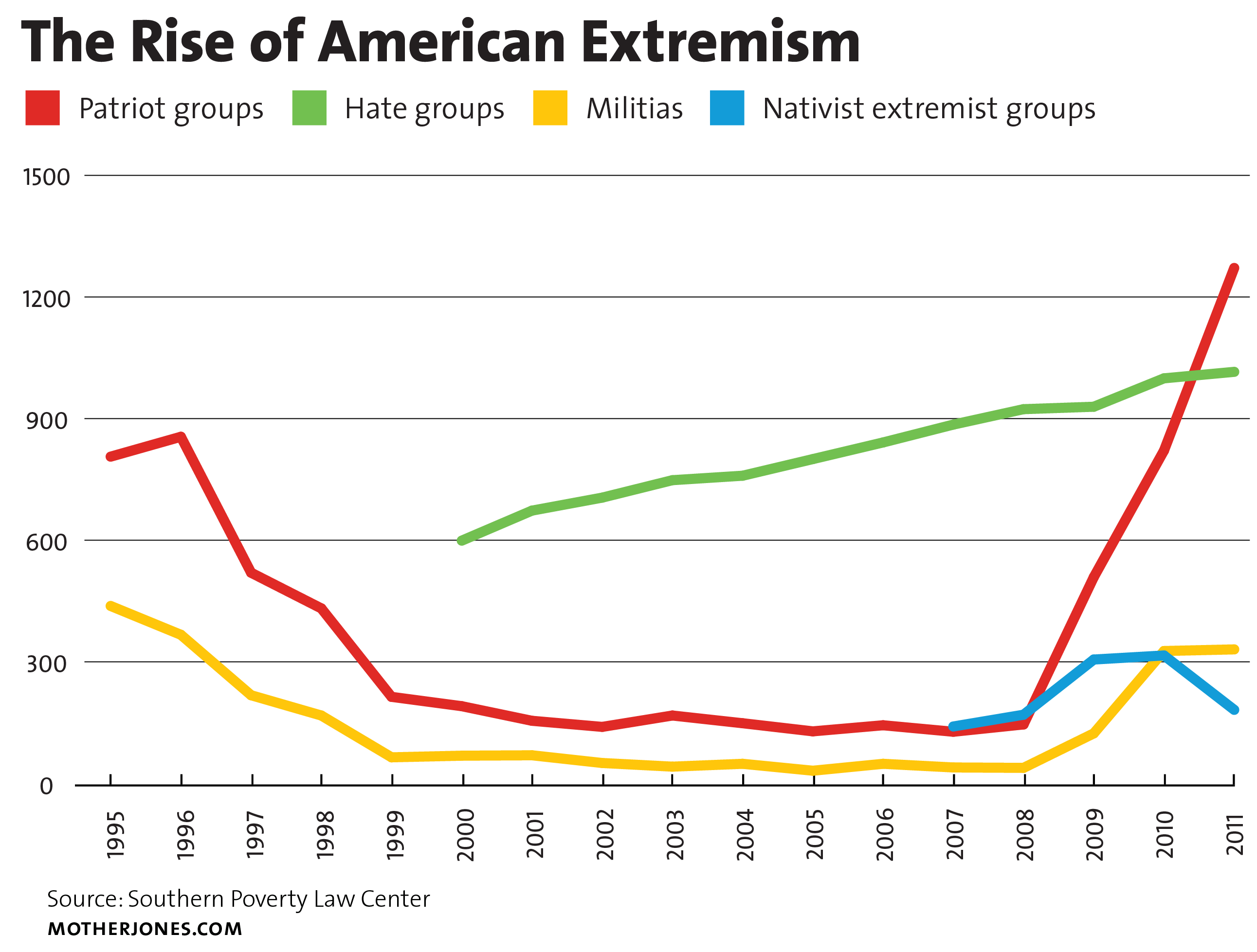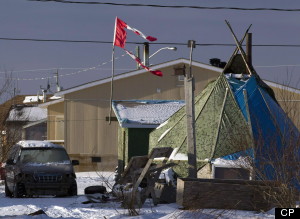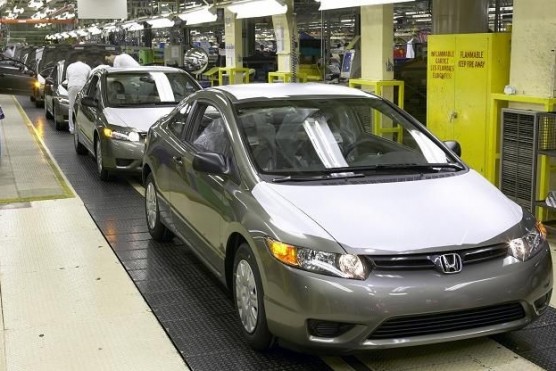Did Earth rumble after the Rio+20 climate conference? Or was that the roar of a billion citizens letting go the expectation that polite dialogue and political process would restore Earth's ecological balance?
In any case, the global zeitgeist shifted, at least within environmental discourse. Future historians may mark the period from BP's 2010 oil spill disaster, through Fukushima, to the 2012 Rio failure as a state shift in ecological awareness.
Fifty years ago, in 1961, Rachel Carson published Silent Spring, launching a new public discourse about ecology that reached an early zenith in 1972 at the first U.N. ecology conference in Stockholm. Today, we have armies of environment groups, swarms of ecology PhD graduates, environment ministers, conferences, science summits, green products, green travel, banners and blockades. But we are less sustainable than we were in 1961.
In any case, the global zeitgeist shifted, at least within environmental discourse. Future historians may mark the period from BP's 2010 oil spill disaster, through Fukushima, to the 2012 Rio failure as a state shift in ecological awareness.
Fifty years ago, in 1961, Rachel Carson published Silent Spring, launching a new public discourse about ecology that reached an early zenith in 1972 at the first U.N. ecology conference in Stockholm. Today, we have armies of environment groups, swarms of ecology PhD graduates, environment ministers, conferences, science summits, green products, green travel, banners and blockades. But we are less sustainable than we were in 1961.






















